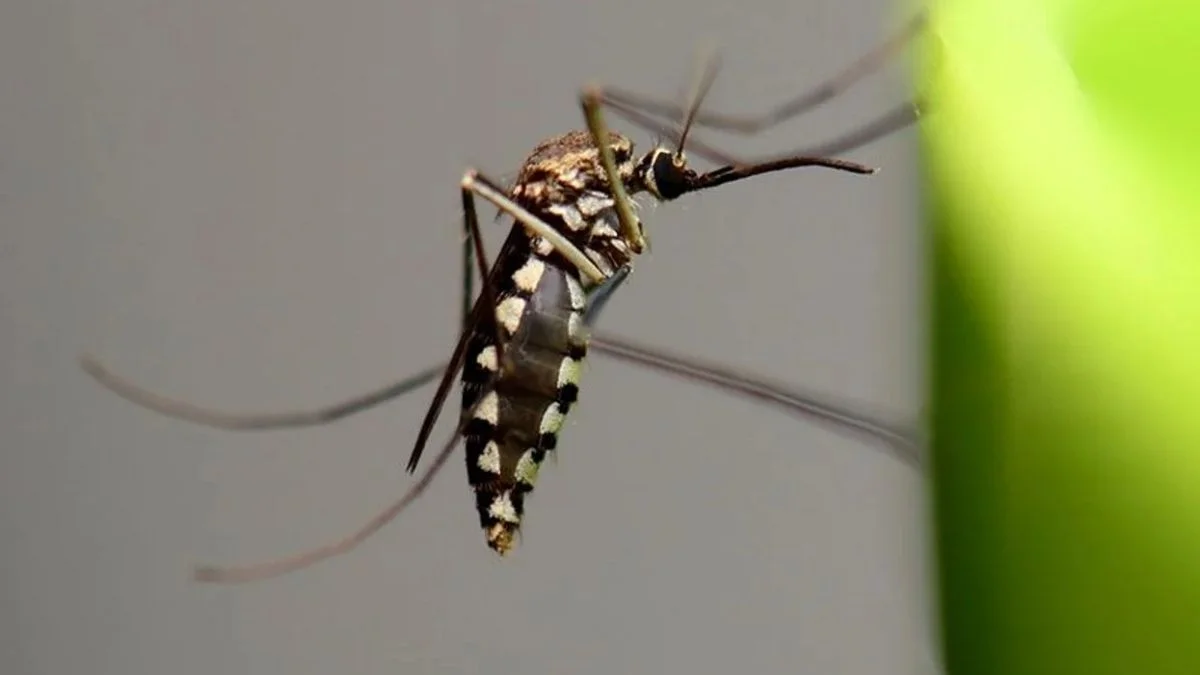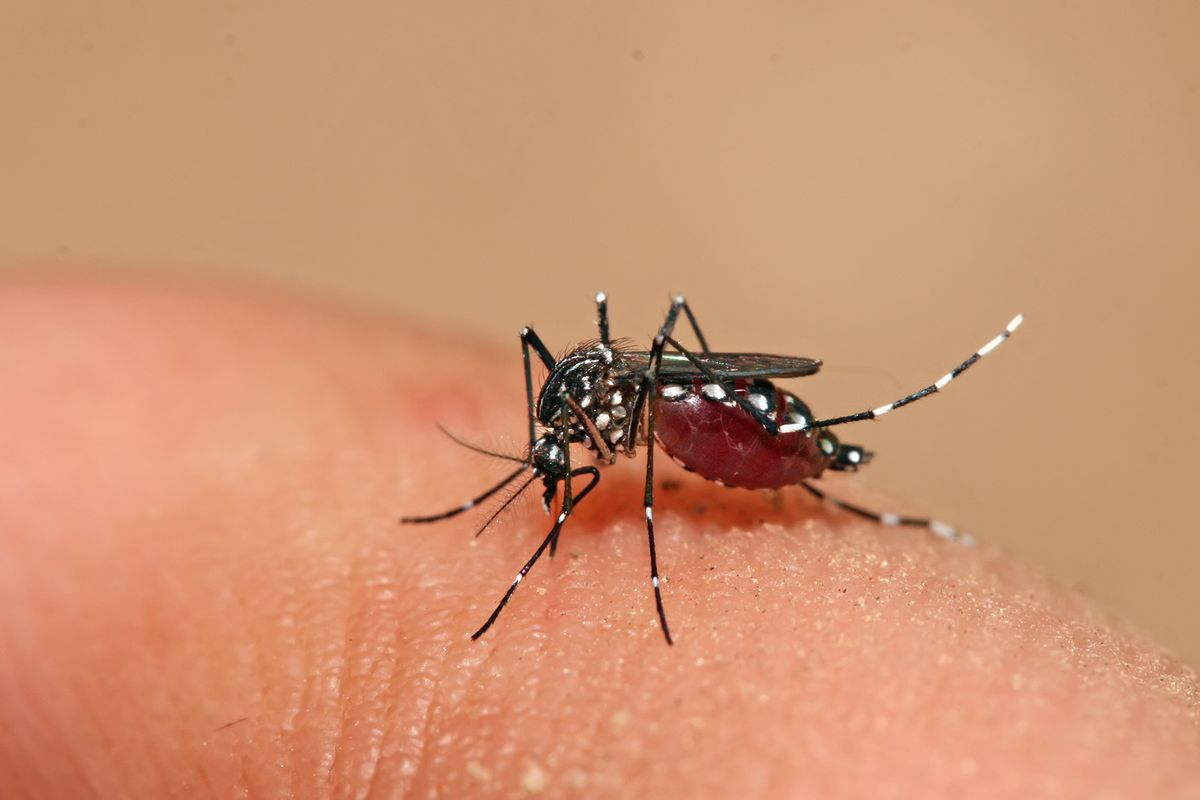Sending Out Bacteria-Carrying Mosquitos To Keep People Safe From Dengue Fever

WASHINGTON, 19 APRIL 2022 – Dengue fever is the most common mosquito-borne disease in the world, and there are currently no medical treatments available for those infected. The virus causes symptoms ranging from high fevers to severe bleeding and shock, is potentially fatal, and places a significant strain on health-care systems.
Researchers from Spain, Portugal, and Colombia created a virus model in Chaos, published by AIP Publishing. Researchers discovered in 2009 that mosquitos carrying Wolbachia bacteria reduce the likelihood of the dengue virus infecting humans.
Mosquitoes, on the other hand, do not acquire Wolbachia bacteria in their natural environment. This bacterium must be introduced in vitro into mosquito eggs, which are then released in dengue-infected areas. Wolbachia-infected mosquitos naturally dominate the local mosquito population.
The researchers use real-world data on human and vector activity in a framework that can be mathematically analysed, allowing them to recreate and comprehend the epidemiological situation. In this way, they can identify geographical areas with the greatest vulnerability, creating a ranking of areas that prioritises those where Wolbachia-carrying mosquitoes can have the strongest and most beneficial impact on dengue virus spread.
“One would think that the most densely populated areas would benefit the most from Wolbachia release. This is not always the case, however “said co-author Jesus Gomez-Gardens of Colombia’s Universidad del Valle.

The authors discovered that once the most vulnerable geographical area is immunised, the ranking of the remaining areas is affected, resulting in a new scenario that tells them where to focus resources in the second instance and beyond.
Many organisations will benefit from the findings of this study, including the World Mosquito Program, which is currently releasing Wolbachia-infected mosquitos to protect the global community from diseases like dengue, chikungunya, yellow fever, and Zika.
In these types of initiatives, data on the most vulnerable areas within cities or regions demonstrated that the researchers’ model could supplement field studies in order to identify targets that maximise the benefit to the entire community.
“Data-driven models have also proven useful in addressing the evolution and mitigation of other diseases, such as COVID-19,” Gomez-Gardenes said. “We hope that the framework developed for dengue can be generalised to address the control of other vector-borne diseases.”








